A light lenticular telescope with an aperture of 70 mm and a focal length of 900 mm. This telescope is suspended on the EQ1 equatorial mount, intended for astronomical observations. Equatorial mounts allow you to follow the observed object as it moves across the sky. In addition, the assembly has micromovements, thanks to which it is possible to precisely direct the telescope at the object. This telescope is well suited for observing the Moon, allows you to see the basic details of the planets of the Solar System and, after using an additional solar filter, allows you to observe sunspots.
Optical system
The BK709EQ1 is a long focal achromatic refractor. In other words, it is a lenticular telescope built on the basis of a two-element objective, with lenses made of two different types of optical glass. The lens diameter is 70mm, the focal length is 900mm. With the f / 12.9 aperture, such a telescope can be considered a long-focus telescope that works best in lunar, solar (with a filter) and planetary observations. The set also includes 2 glasses in the Kellner system with a focal length of 25mm and 10mm.
Installation
The telescope was suspended on a light EQ1 equatorial mount. It is an assembly intended for novice users, the lightest of the equatorial assemblies produced by Sky-Watcher. Such a mounting, instead of the azimuth and height axis, has two axes inclined at an angle equal to the latitude. Thanks to this axis arrangement, the tracking of objects in the sky is carried out only in one axis. It is even possible to connect a simple optional drive that will significantly increase comfort by keeping objects in the field of view of the telescope. This assembly has micromovements, i.e. special knobs that allow the telescope to be gently moved in both axes
Extract
The telescope is equipped with an eyepiece extractor in the 1.25 “standard. It is a rack-and-pinion extractor (the so-called Rack & Pinion lift). The 1.25” mirror angle attachment is included in the set. This lift is compatible with the drive for Sky-Watcher lifts.
Astronomical observations
Solar system
• Sun: visible spots and granulation (observations only with an objective filter)
• Mercury: visible phase of the planet under favorable conditions
• Venus: visible phase
• Moon: visible surface details larger than 4 km, mountains, craters and seas
• Mars: over time the opposition may be slightly visible polar cap
• Jupiter: two stripes on the face of the planet, changes in the position of Galilean moons
• Saturn: visible ring of the planet and the brightest moon – Titan
• Uranus: visible as a star
• Neptune: visible as a star
Star
• separating systems with a separation above 2 ”
• Stars no less than mag 11.8
Deep sky objects
• Open clusters from the Messier catalog
• Globular clusters visible as bright spots
• Nebulae visible at low magnification
• galaxies visible as hazy spots




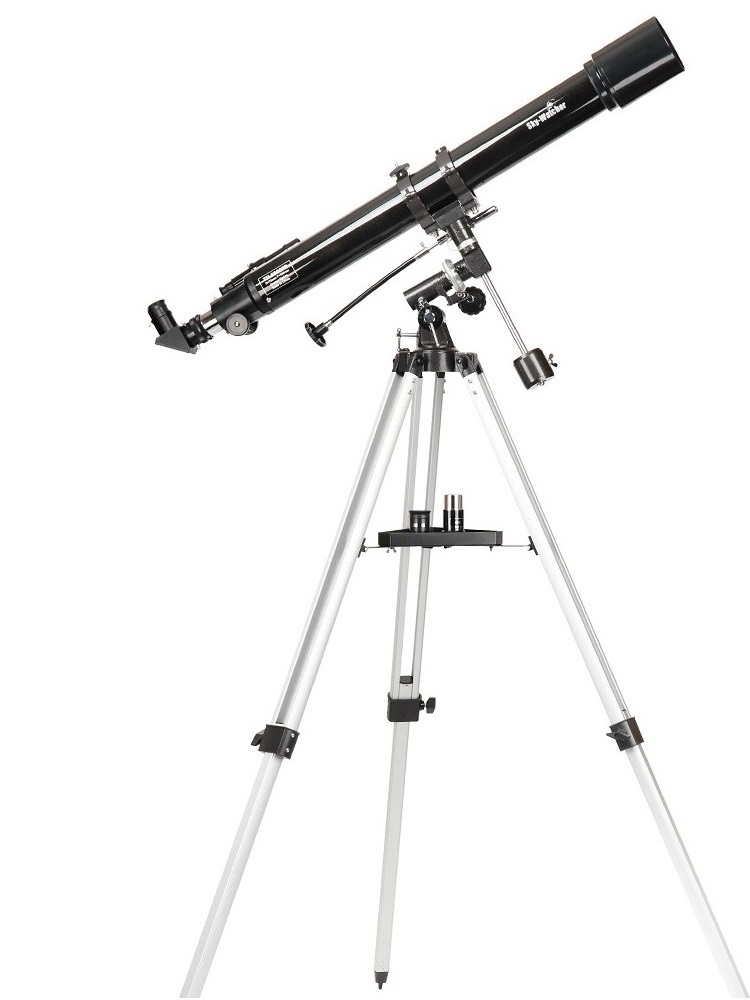
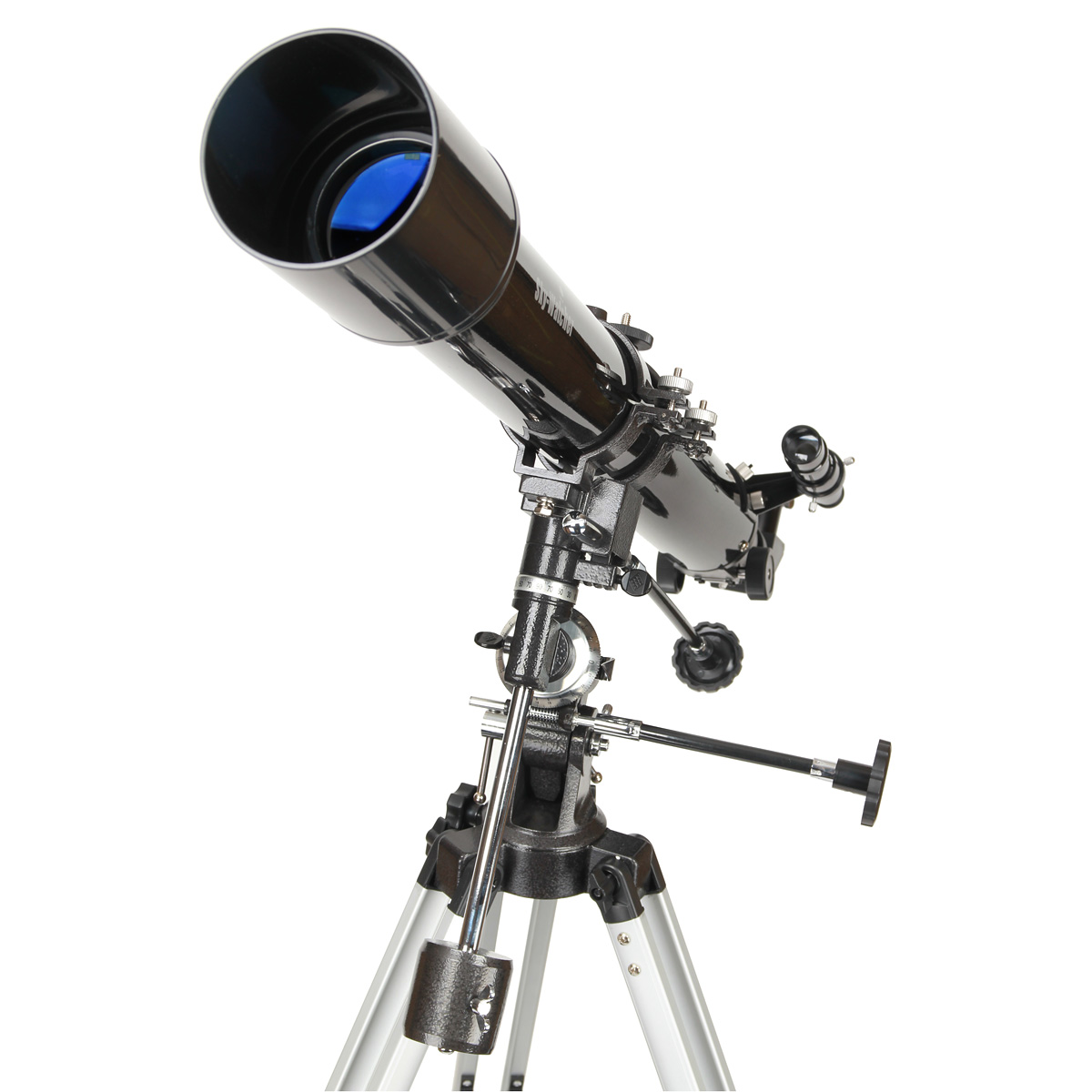

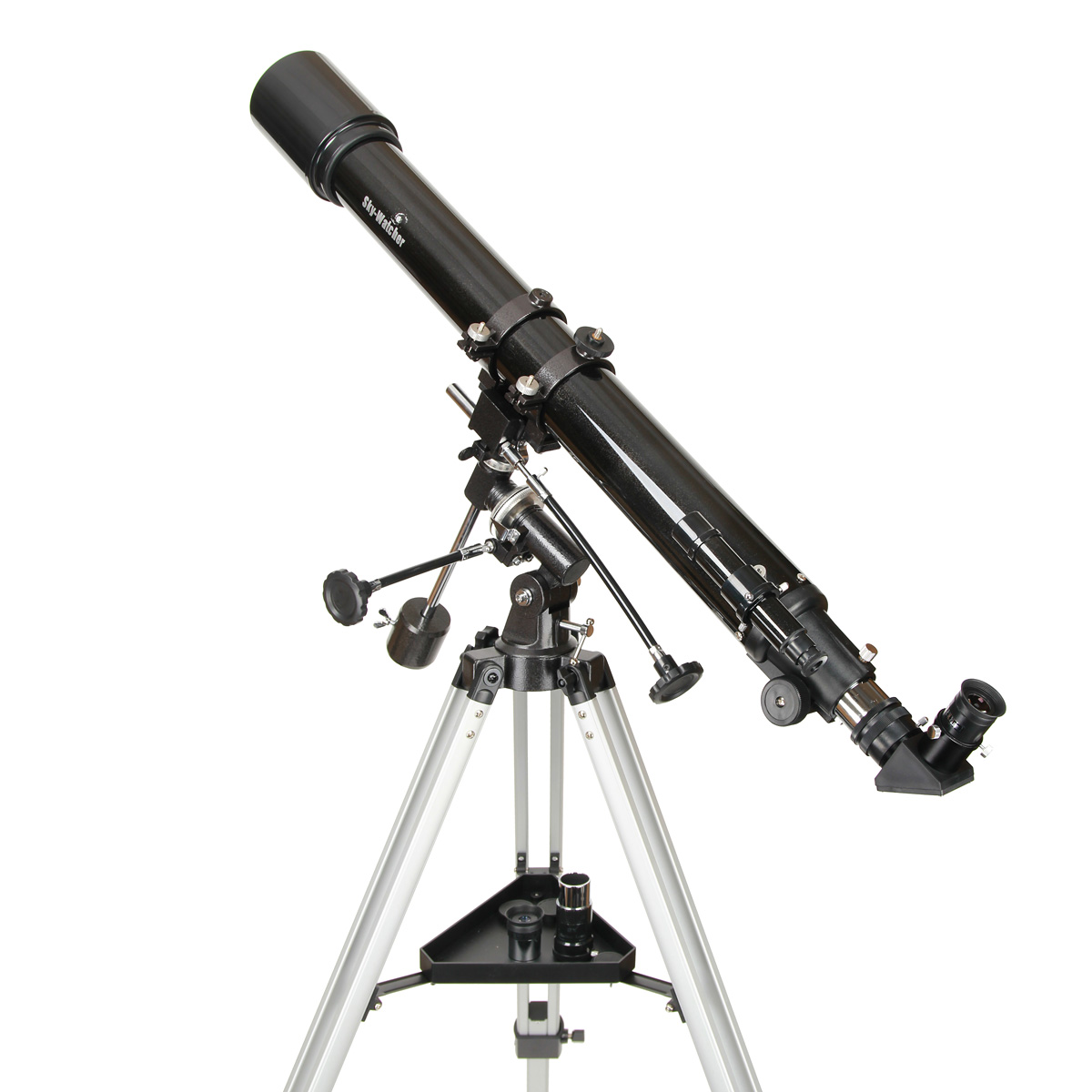
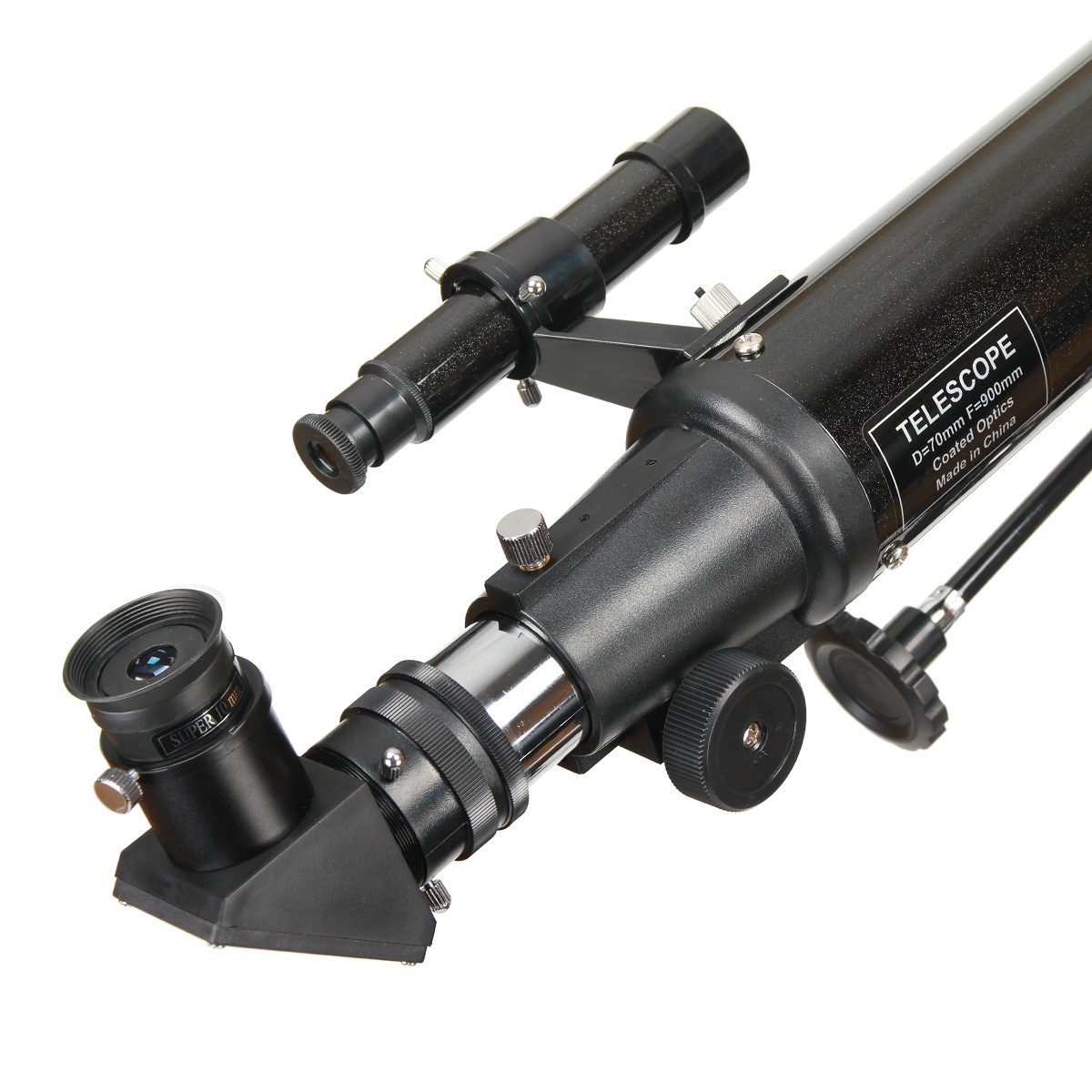
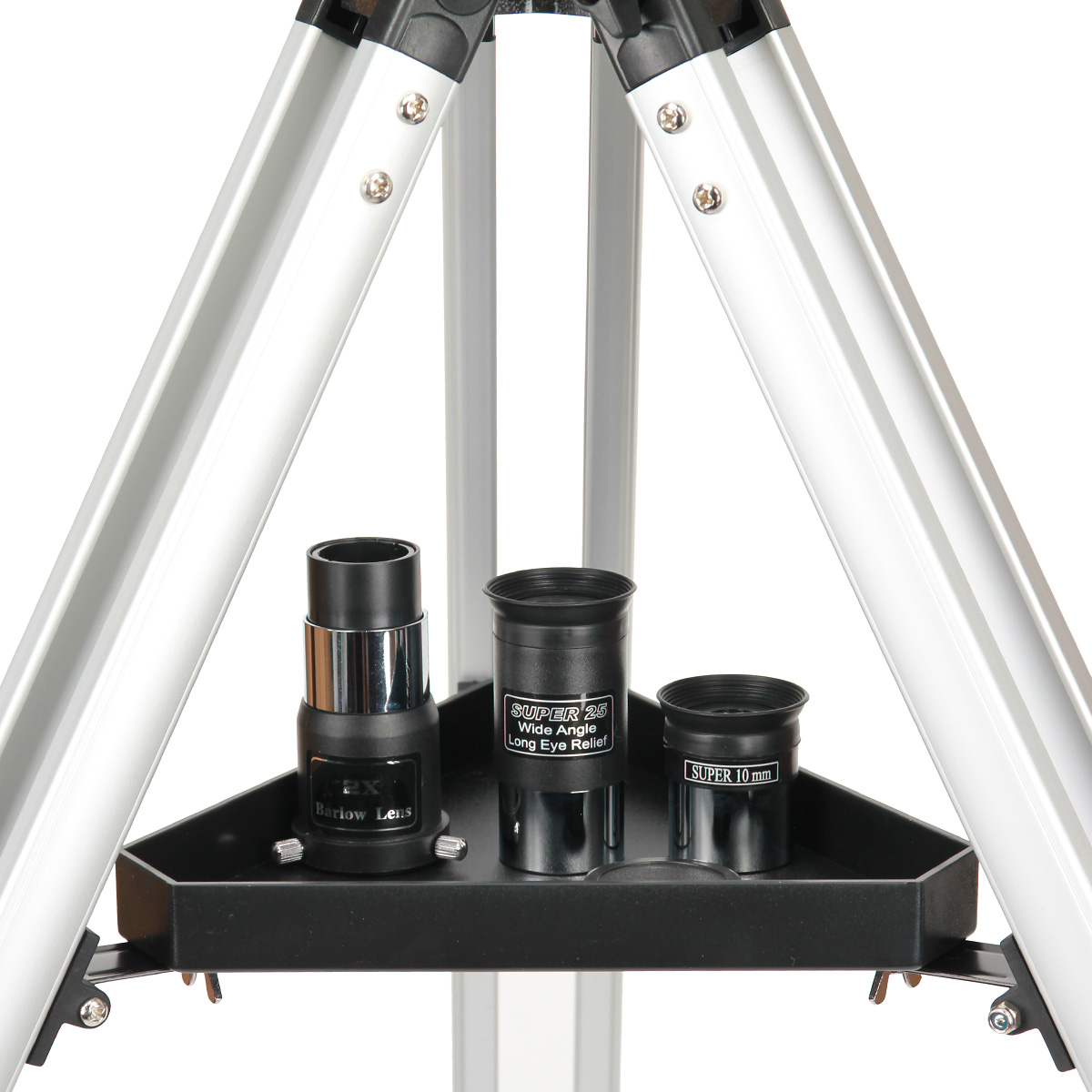
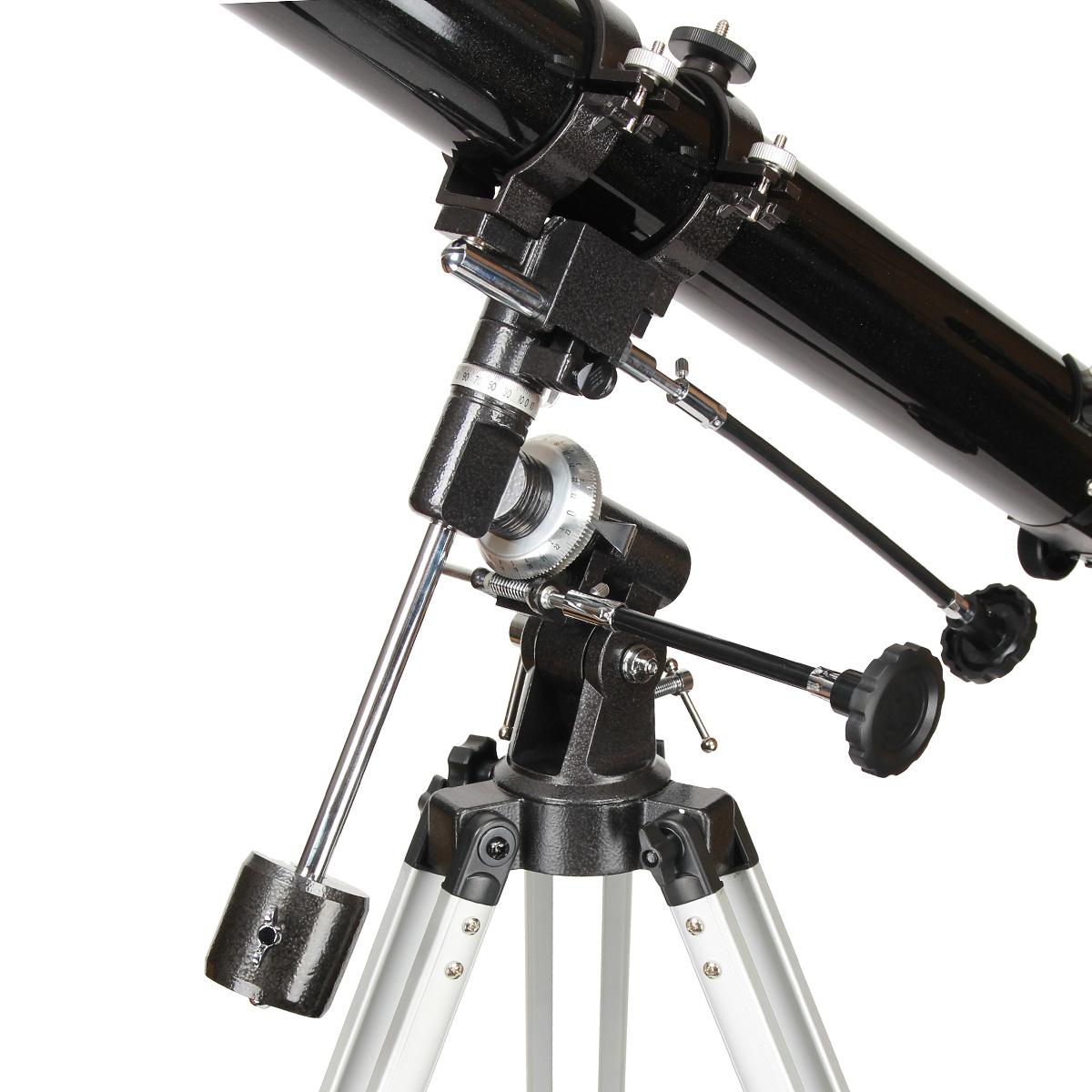
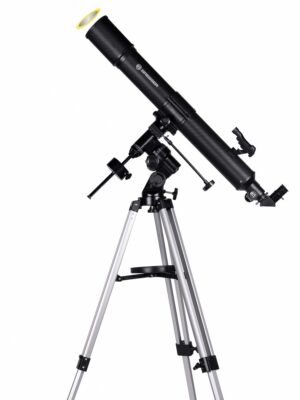

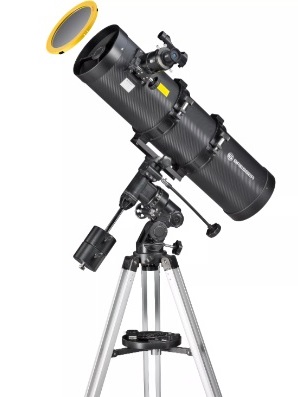
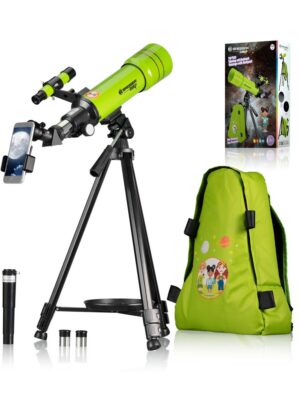
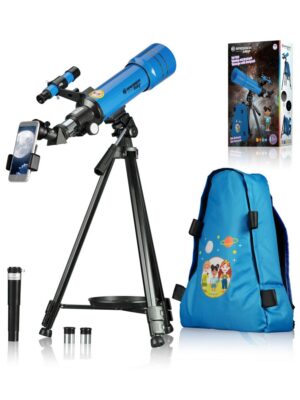
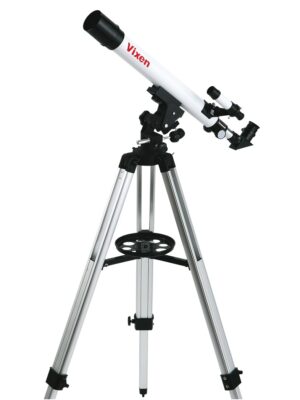
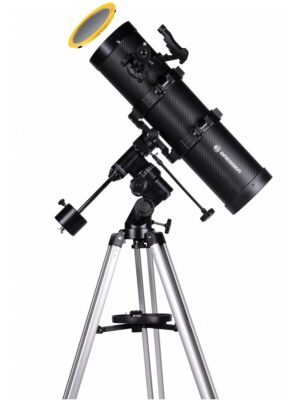
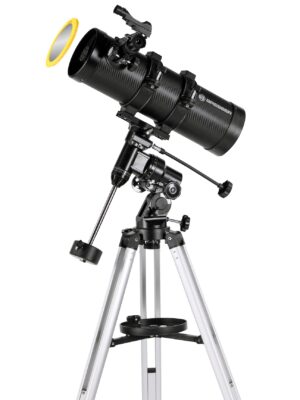
Reviews
There are no reviews yet.